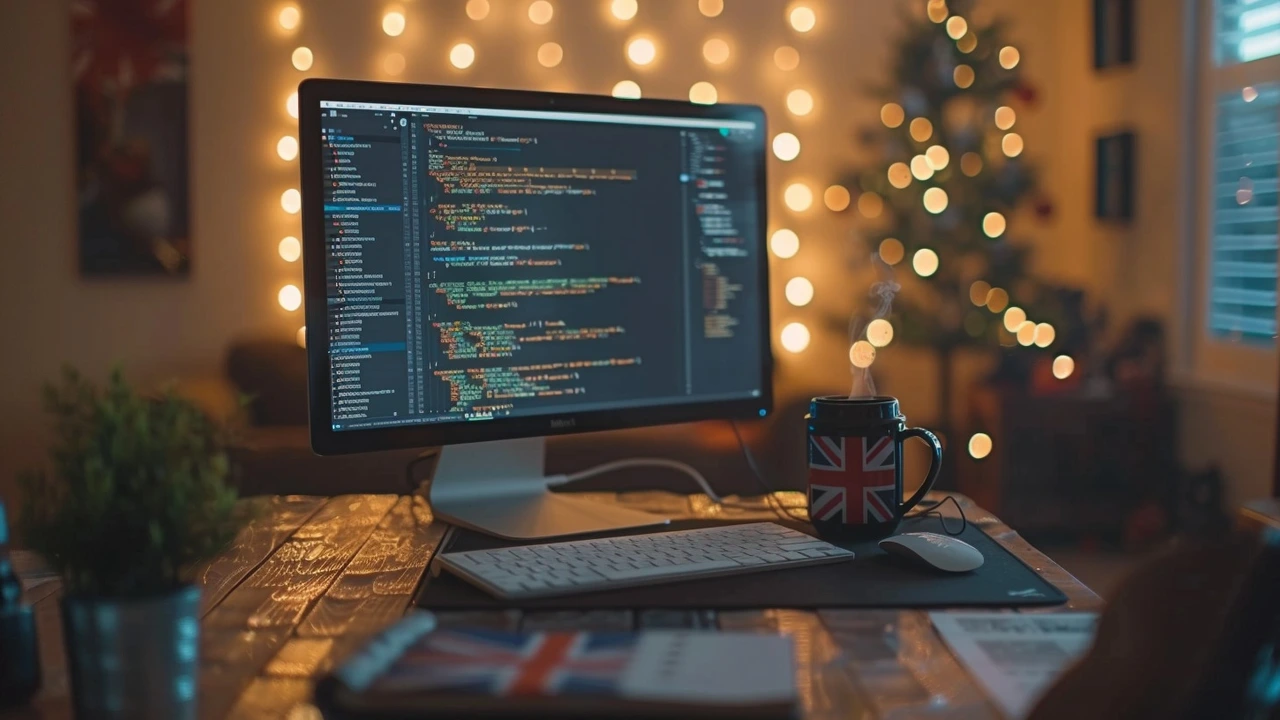Code debugging: Quick fixes for everyday bugs
Stuck on a bug that won’t go away? You’re not alone. Most developers spend hours hunting down errors that could be fixed in minutes with the right approach. This guide gives you simple, real‑world steps you can start using right now to make debugging less painful and more productive.
Why debugging matters
Every line of code you write is a potential source of trouble. Ignoring bugs slows down releases, frustrates users, and can damage your reputation. Fixing problems early also means you spend less time rewriting large sections later. In short, good debugging saves time, money, and headaches.
Think of debugging like a detective job. You gather clues, eliminate suspects, and finally pinpoint the culprit. The better your tools and habits, the quicker you solve the case. That’s why having a solid routine is key.
Top debugging tools & shortcuts
Most IDEs come with built‑in debuggers. Learn to set breakpoints, step through code line by line, and inspect variable values on the fly. If you’re using VS Code, the "Debug Console" lets you run code snippets without leaving the editor. In PyCharm or IntelliJ, the "Evaluate Expression" feature is a lifesaver for complex logic.
Command‑line lovers can rely on tools like gdb for C/C++ or pdb for Python. A quick print() statement is still useful, but it clutters output. Use logging libraries instead—they let you control the level of detail and keep your console clean.
Don’t forget static analysis. Linters such as ESLint, Flake8, or SonarQube spot syntax errors and common pitfalls before you even run the code. Running these checks automatically on each commit can catch bugs early.
When a bug is elusive, try "binary search" debugging: comment out half of the code and see if the problem persists. Narrow it down until you isolate the offending section. This works great for large functions or when you suspect a library call.
Version control is your safety net. If a change introduces a bug, git bisect helps you pinpoint the exact commit that broke things. It automates the binary search process across your commit history.
Finally, write small test cases. Unit tests act as automatic checks that alert you when a function behaves unexpectedly. If you don’t have tests yet, start with a few for the most critical parts of your app. They pay off big time when bugs appear.
Debugging isn’t magic; it’s a set of habits you can build. Start each session by reproducing the bug reliably, then choose the right tool, isolate the issue, and fix it. With these simple steps, you’ll spend less time guessing and more time coding.

Code Debugging: The Backbone of Every Great Software
Code debugging isn't a side task-it's the core skill behind every reliable software. Learn the real process, tools, and habits that separate good developers from great ones.

Code Debugging: The Key to Software Stability
Discover how code debugging is essential in ensuring software stability. Explore practical tips and intriguing facts that will help you sharpen your debugging skills. Debugging isn't just about fixing errors; it's about understanding your code better, leading to more reliable software. Delve into this topic to see how properly handled debugging practices prevent costly crashes and enhance user experience.

Mastering Code Debugging: Essential Strategies for Developers
Debugging is a crucial skill for developers, weaving into their daily routines with problem-solving abilities and keen attention to detail. This guide delves into effective strategies to pinpoint errors and enhances debugging efficiency. You'll find essential tips on how to streamline your debugging process and manage stress. Building confidence through developing intuitive troubleshooting strategies can significantly improve a coder's productivity and project outcomes.

Code Debugging: Essential Strategies for Software Development Success
Code debugging is more than just fixing errors; it's a critical skill for software developers. Understanding its role can transform how developers approach challenges, leading to efficient and robust code. This article explores key debugging strategies and tips, while highlighting how mastering this skill can improve development outcomes. Insights into the debugging process will aid both beginners and experienced programmers.

The Ultimate Code Debugging Guide for Beginners: Mastering the Basics
Debugging code is an essential skill for any beginner programmer to learn and master. This guide will walk you through the basics of debugging, from understanding common errors to the tools and techniques you'll need. With practical tips and real-world examples, you’ll learn how to confidently troubleshoot and solve coding problems. Perfect for newbies, this guide makes debugging less intimidating and more approachable.

The Crucial Impact of Code Debugging on Software Development
Debugging is an essential part of the software development process. This article examines why it is crucial, the common methods used, and offers practical tips. It highlights its importance in ensuring software reliability and efficiency.

Mastering Code Debugging: Essential Skills for Software Development
Code debugging is often overlooked but it stands as a critical phase in the software development lifecycle. This article delves into the nuances of code debugging, explaining why it is a game-changer for developers. From the impact on project timelines to the importance of debugging skills in tackling complex software issues, this piece offers a comprehensive look at how adept debugging can elevate a developer's work. Tips and best practices for efficient debugging are also explored, providing valuable insights for both novice and seasoned programmers.